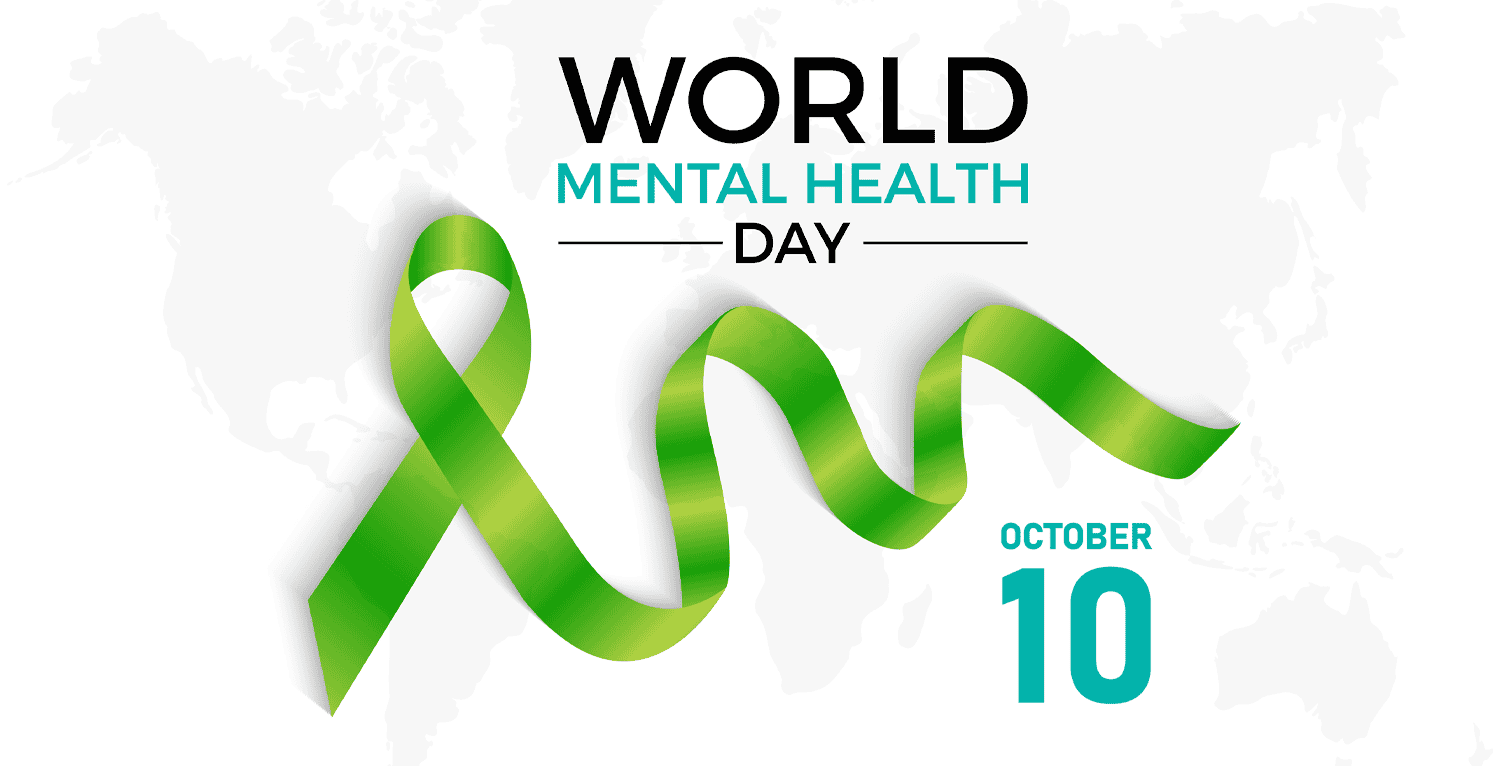
What If Employers Didn’t Call It ‘Mental Health’?
Mental health support has become a staple offering from employers in the contemporary world of work. This shift was greatly influenced by the pandemic and subsequent lockdowns, leading to more employees being granted access to Employee Assistance Programs and subscriptions to wellbeing apps as part of their benefit packages.
However, despite this rising popularity, research finds that 85% of employees are not using their mental health benefits – with the primary reason for this being confusion over how to access them, as well as a lack of understanding about what they actually are.
This drives me to pose the question: what if we rebranded ‘mental health’?
The term ‘mental health’ is concise in its nature – it focuses on the health of someone’s mental state. But using these two words together, ‘mental’ and ‘health’, has given it clinical connotations that can sometimes result in employees not taking advantage of these benefits as they feel it is less applicable to them. It inadvertently promotes the misconception that only those employees who have a formally diagnosed mental health disorder can use mental health support from their employer. In reality, mental health support is as much about the upkeep and maintenance of a healthy mind as it is about helping to heal a struggling one.
So, what would happen if companies started dubbing their mental health benefits as ‘self-care benefits’?
This would have employers market their mental health support around self-care and self-improvement strategies, helping staff foster healthy habits for the upkeep of their physical and mental wellbeing. Imagine concise, easy to access resources that all employees are aware of and where they can be used without having to go through the more formal processes of using an EAP (unless this is needed!). For the most part, this rebrand centres around improving employee accessibility to resources that will improve their brain health. By adopting a shift in the language being used, these support strategies can feel relevant to all employees.
Intentional shifting from being reactive to mental health issues to being proactive about the promotion of good mental wellbeing can make the difference between a rarely used resource and an effective tool that sees daily use. Ultimately, the shift can lead to an overall happier and healthier workforce, and employers will likely see an overall increase in engagement and decrease in absences.
It’s important to note this rebranding by no means replaces the need for mental health support for serious mental health disorders or workplace burnout. Rather it is about employers providing clear messages that separate mental health support from self-care and mental sustainability so employees can realize the benefits of nurturing a healthy mind, and employers can reap the byproduct of increased productivity.
If you would like to discuss how we can help take your mental health strategies from reactive to proactive, please get in touch with me at amanda@orgshakers.com